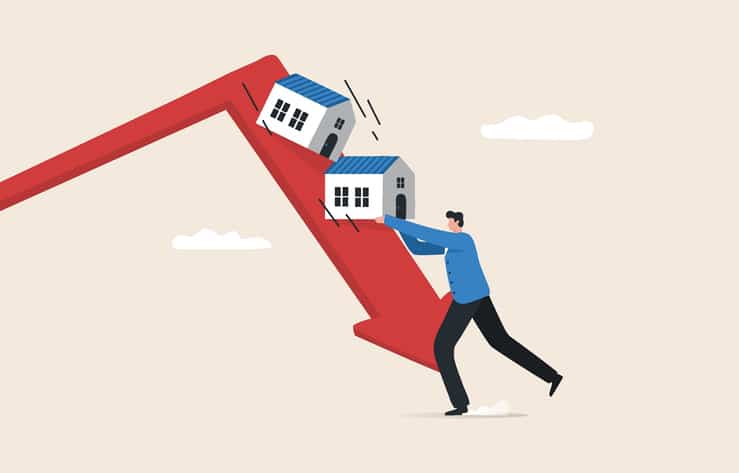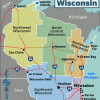The Federation of American Scientists is calling for the creation of a “national housing loss rate” that would measure how many people who lose their homes involuntarily.
In a blog posting on the organization’s website by Yuliya Panfil, a senior fellow and director of New America’s Future of Land and Housing program, the proposal for the new rate measurement is based on the absence of a key aspect of housing data.
“Each year, an estimated 10 to 20 million Americans lose their homes through eviction and mortgage foreclosure, tax sales, eminent domain, post-disaster displacement, and other less-studied forms of housing loss,” Panfil said. “These destabilizing events lead to homelessness, job loss, adverse health impacts, and downward economic mobility. And yet, America neither tracks housing loss nor holds politicians and decision-makers accountable for keeping it low. There is no national database of evictions or foreclosures, and research from New America found that one in three U.S. counties have no available annual eviction figures. Without a clear picture of housing loss across the country, it is nearly impossible to pass data-driven policies that keep people housed.”
Panfil proposed a “two parallel, mutually reinforcing tracks to establish home loss as a regularly tracked indicator, akin to the unemployment rate. The first track would employ a survey-based approach to establish a national housing loss rate, while the second, longer-term effort would build local infrastructure to collect and analyze data on actual incidences of housing loss.”
Panfil called on Congress to direct a housing-focused federal agency – either the Consumer Financial Protection Bureau, the Federal Housing Finance Agency or the Department of Housing and Urban Development – to take the lead in developing data collection strategies. She added the three agencies plus the U.S. Census Bureau to “use their existing authority to assess the feasibility of including housing loss questions or modules into surveys over which they have jurisdiction,” and she also recommended the Domestic Policy Council and the Office of Management and Budget should also include housing loss in their respective data-gathering activities.
“Developing a national housing loss rate will take time and resources, and most likely will require congressional action and funding,” Panfil concluded. “A survey effort would likely need a time horizon of at least five years, and collecting and understanding actual incidences of housing loss will take significantly more time. However, as with the U.S. unemployment rate, which took decades to establish, the necessity of such a metric justifies the effort. A housing loss metric, if rigorous, regularly collected, and available at the national, state, and local level, would have profound impacts on our understanding of the causes and consequences of home loss and improve our ability to develop policies and programs that keep people more securely housed.”














